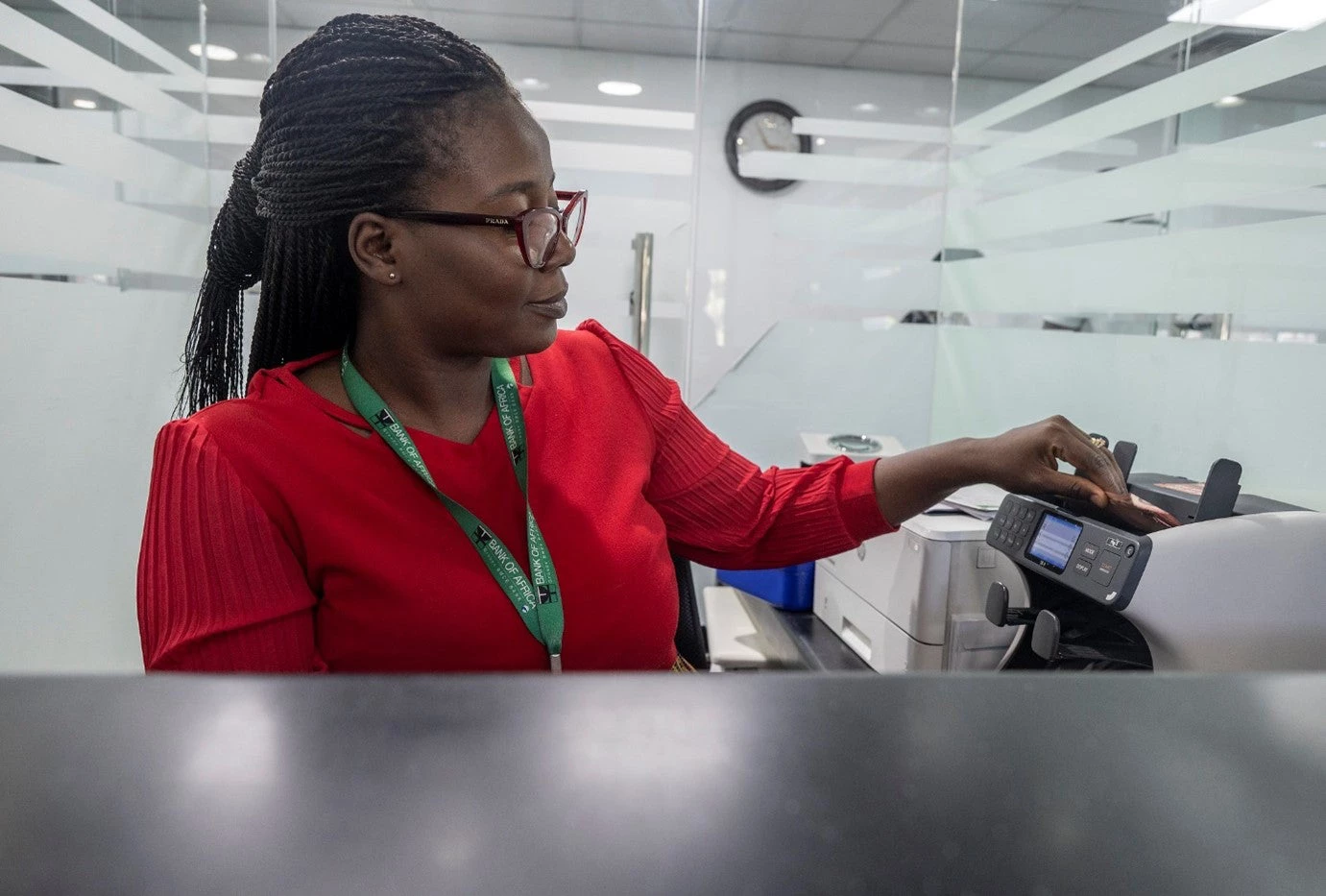
Imagine being seated across from a loan officer in a bank, stepping into the shoes of a small business owner, with the palpable excitement about expanding your successful venture and hiring new employees. You’ve meticulously prepared for this moment, spending months completing forms and providing documentation to reach this point.
Yet, to your frustration, the loan officer’s focus remains solely on collateral for the loan. Nothing else seems to matter.
This harsh reality is an all-too-familiar experience for countless women-led small and medium-sized enterprises (WSMEs) across Africa. Despite the growing prevalence of near-instant collateral-free digital credit products in more developed markets, many African women entrepreneurs continue to grapple with obstacles to obtaining loans. These challenges include limited access to collateral, stringent documentation requirements, exorbitant interest rates, opaque application procedures, and sporadic miscommunications with relationship managers.
Responding to these hurdles, the World Bank, with support from the Women Entrepreneurs Finance Initiative (We-Fi), has introduced a groundbreaking digital cash flow lending product to address these issues head-on. Carefully tailored to meet the unique needs of WSMEs, this innovative program streamlines the loan application process, making it more user-friendly and less daunting. The program revolutionizes credit assessment by shifting the focus from collateral to cash flow, broadening loan opportunities to previously disadvantaged entrepreneurs, and ushering in a much-needed era of transparency in the lending process.
“It’s easier for men to get loans than women because of collateral restrictions” - WSME in West Africa
Initial trials of this innovative approach in Nigeria, in collaboration with leading commercial lenders Access Bank and Sterling Bank, have yielded promising results.
The success has been so encouraging that the next step is to expand this model beyond Nigeria’s borders, while incorporating internationally recognized good practices, including improved customer targeting, streamlined processes, robust database management, alternative credit scoring, biometric identification for faster KYC, last-mile reach out for remote areas, and building client confidence and skills for trust in products and onboarding support.
The enormity of the challenges SMEs face underscores the tremendous untapped potential within the credit market.
In Sierra Leone and Ghana, the landscape of SME lending closely mirrors that of Nigeria – largely dominated by major banks that rely heavily on relationships for credit decisions. However, only a limited number of these banks offer products specifically designed for WSMEs, and even when such products exist, they are often not actively promoted.
Our survey of eight Ghanaian banks revealed that out of the five with WSME programs, only two included concessional rates. Similarly, in Sierra Leone, three out of nine banks surveyed provided a WSME program, with only one offering concessional rates. Intriguingly, when the Word Bank engaged with a sample group of 32 WSMEs in these two countries, only six were aware of any WSME-specific financial products.
In Ghana, the uphill battle for WSMEs is further compounded by considerable collateral demands for securing loans. In one instance, small business applicants are required to provide collateral amounting to a staggering 244.8% of the loan value – which is unattainable for most women entrepreneurs. As one female entrepreneur candidly shared, "Don't waste your time (applying for a loan) if you do not have collateral."
Adapting and Scaling the Model
Considering the striking similarities of challenges faced by WSMEs in Sierra Leone and Ghana to those in Nigeria, along with conducive market structures and willing potential banking partners, the prospect of replicating Nigeria’s successful We-Fi initiative in both, countries appears highly promising. Inspired by Nigeria’s example, Sierra Leone and Ghana could serve as launchpads for a broader expansion of similar products across the African continent. The impact of this expansion could extend beyond benefiting WSMEs, catalyzing local banks to innovate their offerings and introduce more effective and transparent solutions for WSMEs. This transformation could reshape the financial landscape for women entrepreneurs.
However, in planning this expansion, it is crucial to acknowledge that the needs of women entrepreneurs differ across countries due to unique cultural, social, and economic factors. A one-size-fits-all approach won't yield the desired outcomes. Adapting best practices to align with each country’s distinct circumstances will be pivotal for the successful implementation of digital lending products, ultimately nurturing the growth of WSMEs in Africa.



Join the Conversation